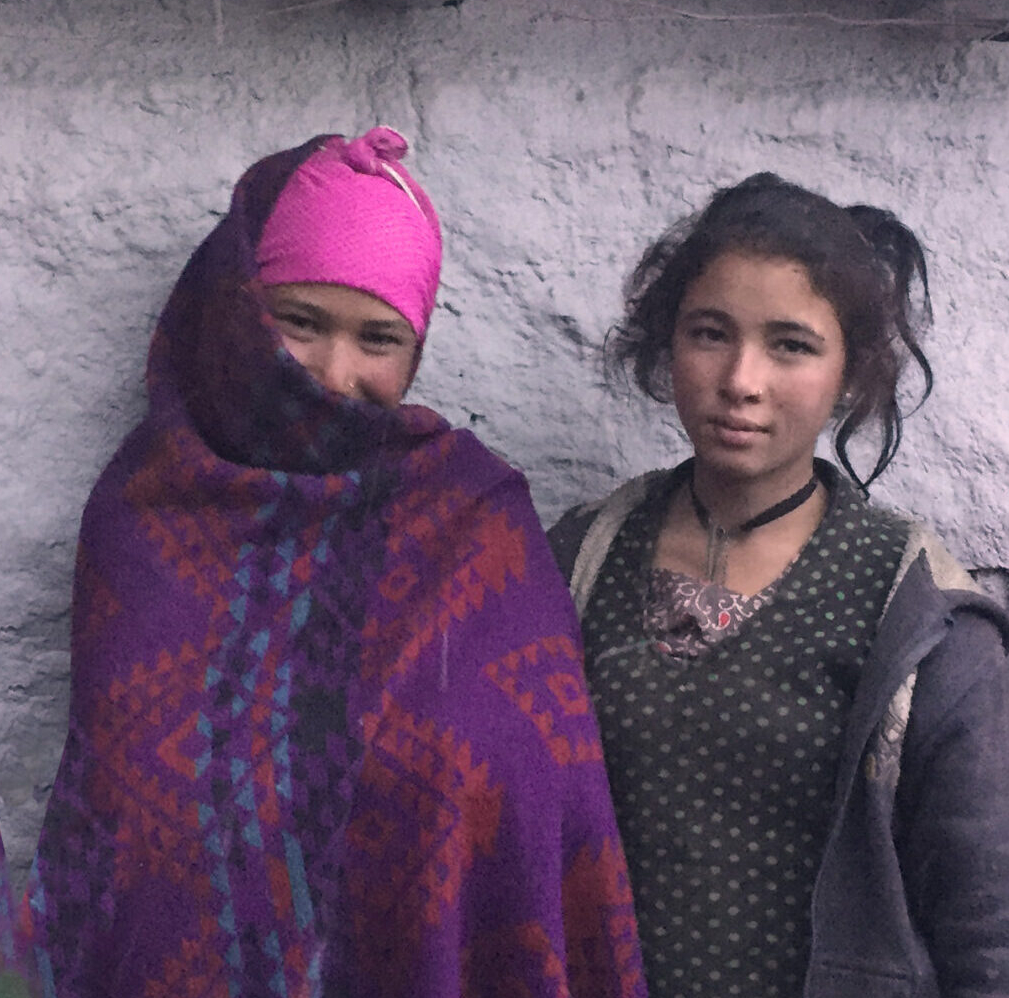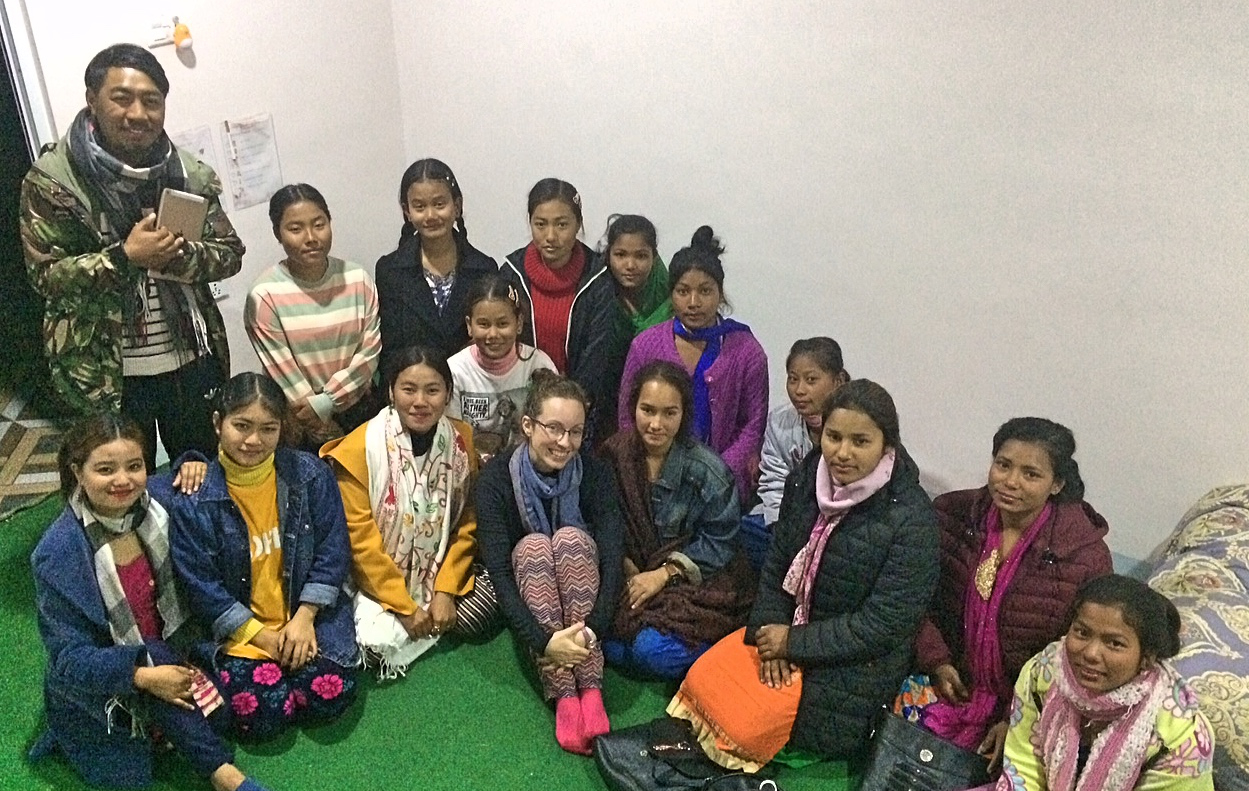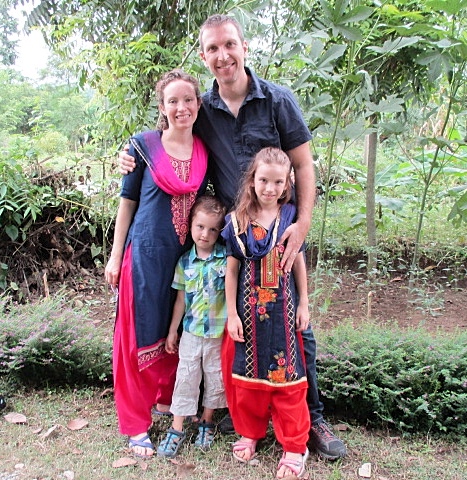Here is an excerpt from a newsletter that presents the genesis of the project, as well as a distribution of 130 kits that we conducted in the area of Jumla.
With your help, we wish to continue to develop this project to reach many more women in need.

In September of 2019, our little family packed six crammed suitcases to be equipped for nine months of ministry in Western Nepal.
There was much unknown about what awaited us, and, as a mother, the wonder if that which was packed was sufficient for this adventure.
As an eco-friendly and natural mama, one essential that was packed was my washable, reusable menstrual pads. Being sensitive to chemicals and perfumes, while not liking to throw money literally in the trash each month, I decided to give washable pads a try. It was fairly simple and, in the long run, these pads are much less expensive and eco-friendlier. That being said, my pads have now become a staple in my travels.


Two months after arriving in Nepal, being well settled into our home and church community, I continued to learn more about the Nepali culture. Through conversations with a Hindu woman that I saw regularly, I began to learn about “Chhaupadi.”
She explained that during her period, she was not permitted in the kitchen, nor to touch people, or sleep next to her husband as she was considered “unclean.” If she broke any of the rules of chhaupadi, a curse would be upon her. Menstruation ruled her life, physically, spiritually, and emotionally. After hearing this, while I was breaking all of her “rules,” I gave her a big hug to which she returned a big smile and laugh.

Spending more time with the women and asking them further questions lead me to
understand that many women simply cannot afford pads, meaning they are not able to care
for themselves properly. Some women used pads, torn pieces of cloth, or nothing at all.
When asked why disposable pads were not bought, they confessed that the monthly expense (which costs less than a dollar/euro) was better put toward food.
Their hearts were transparent and I saw the suffering and sacrifices that these beautiful women of faith endured each month to manage their womanhood.
Faced with the great need before me, I knew something had to be done.
When returning home, I cut open a washable pad and got to work!
After much research, and with the help of a dear sister who is a tailor, Nepal Compassion was born.

